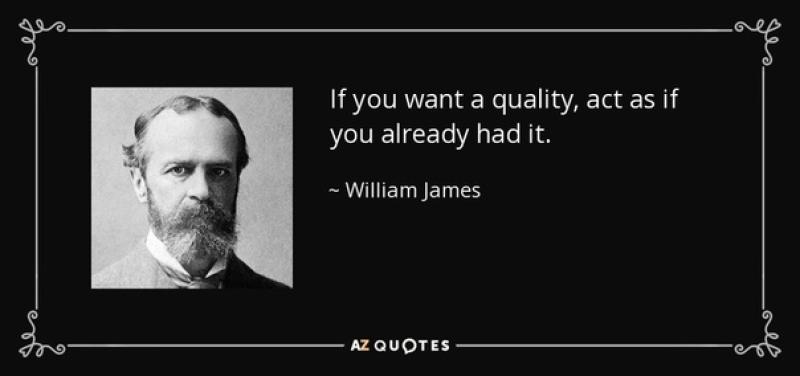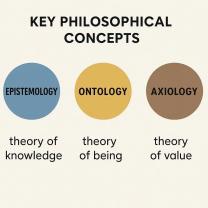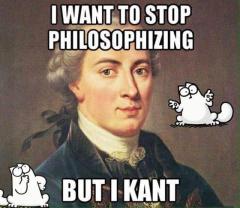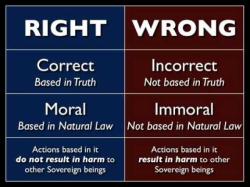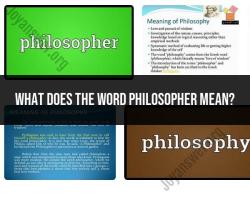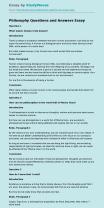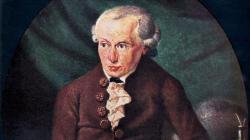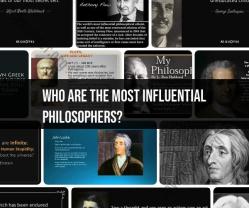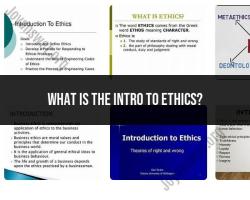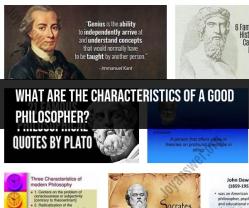Which philosopher believed all people are born good?
One notable philosopher who believed in the inherent goodness of human nature was Jean-Jacques Rousseau, an 18th-century French philosopher. Rousseau is best known for his work "Emile, or On Education" and "The Social Contract." In his philosophy, Rousseau proposed the idea that individuals are born inherently good and moral but are corrupted by society and its institutions.
Rousseau's view contrasts with the concept of the "noble savage," where he suggested that humans in their natural state are virtuous, free, and compassionate. He argued that societal structures, inequality, and the pursuit of private property led to the corruption of human nature. While his ideas have been influential, it's essential to note that this perspective is just one among various philosophical views on human nature. Different philosophers, both before and after Rousseau, have proposed alternative perspectives, ranging from more optimistic views of human nature to more pessimistic or nuanced understandings.
- Philosopher Who Advocated for Inherent Human Goodness
The philosopher who most famously advocated for the belief that all people are born inherently good is Mencius, a Chinese Confucian philosopher who lived from 372 to 289 BCE. Mencius believed that humans are born with four fundamental moral tendencies, known as the "four sprouts":
Benevolence (Ren): The innate tendency to care for others and act with compassion.
Righteousness (Yi): The innate sense of justice and the desire to do what is right.
Propriety (Li): The innate sense of propriety and respect for others.
Wisdom (Zhi): The innate capacity for discernment and understanding.
Mencius argued that these four sprouts, when nurtured and developed, form the foundation of a virtuous life. He believed that even individuals who appear to be morally flawed possess the potential for goodness and can be guided towards virtue through education and self-cultivation.
- Central Tenets of the Philosophy of Inherent Human Goodness
The philosophy of inherent human goodness, often associated with Mencianism, rests on several core principles:
Intrinsic Value of Human Life: Each individual possesses inherent worth and dignity, regardless of their actions or social standing.
Potential for Virtue: Every person has the innate capacity for moral goodness, even if it may be obscured or undeveloped.
Role of Education and Self-Cultivation: Moral development requires guidance, education, and conscious effort to nurture and cultivate one's innate goodness.
Possibility of Transformation: Individuals can change and improve their moral character through self-reflection, education, and exposure to positive influences.
Emphasis on Benevolence and Compassion: Benevolence, the desire to promote the well-being of others, is considered the highest virtue.
- Impact on Ethical and Moral Discussions
The idea of inherent human goodness has significant implications for ethical and moral discussions:
Optimistic View of Human Nature: It challenges pessimistic views of human nature and provides a foundation for believing in the possibility of moral progress and social betterment.
Focus on Rehabilitation and Restoration: It emphasizes the importance of helping individuals overcome their moral shortcomings and fostering their latent potential for goodness.
Emphasis on Education and Social Uplift: It highlights the role of education, social structures, and positive role models in promoting moral development.
Basis for Universal Human Rights: It provides a philosophical underpinning for the concept of universal human rights, recognizing the inherent value and dignity of every individual.
However, the philosophy of inherent human goodness also faces challenges:
Reconciling with Human Evil: It can be difficult to reconcile the belief in innate goodness with the existence of evil acts and morally flawed individuals.
Role of External Influences: It may not fully account for the impact of external factors, such as social conditioning, poverty, and trauma, on moral development.
Balancing Individual Responsibility and Social Factors: It requires balancing the recognition of individual responsibility with an understanding of the influence of social and environmental factors on behavior.
Despite these challenges, the philosophy of inherent human goodness remains a valuable perspective in ethical and moral discussions, offering a hopeful vision of human potential and emphasizing the importance of nurturing and cultivating the seeds of goodness within each individual.
